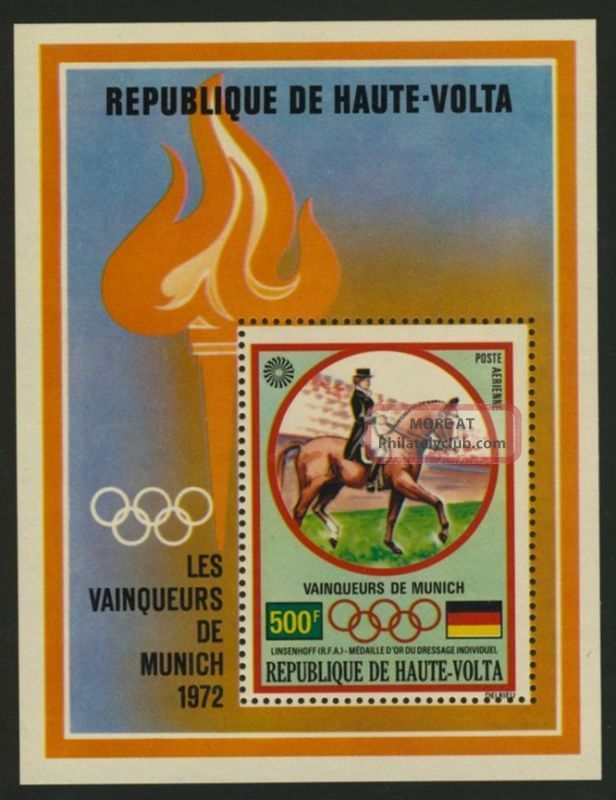


In 1960, Upper Volta gained its independence, but the nation experienced a new beginning in 1983 when it was renamed Burkina Faso by the revolutionary government of Thomas Sankara. It was recreated after World War II as an Overseas Territory (Territoire d’Outre-mer) within the newly created French Union (Union française). Dismantled in 1932, Upper Volta was partitioned among neighboring colonies. Following a major anticolonial war in 1915–16, the colony of Upper Volta with Ouagadougou as its capital was created in 1919, for security reasons and as a labor reservoir for neighboring colonies. In 1905, the military territory was integrated in the civilian colony of Upper Senegal and Niger with headquarters in Bamako. Following the French colonial conquest in 1896, a military territory was established over a large part of what would become Upper Volta.
#UPPER VOLTA COLONIAL IMPACT FULL#
diplomats, including: special reports on political and military affairs studies and statistics on socioeconomic matters interviews and minutes of meetings with foreign government officials full texts of letters, instructions, and cables sent and received reports and translations from foreign newspapers and high-level foreign government documents.Burkina Faso has a remarkable history owing to repeated dissolution and reunification of its territory. These files are the definitive source of American diplomatic reporting on political, military, social, and economic developments in French Africa, and contain various materials from U.S. The colonies attained their independence in 1960. Sankara, a charismatic Marxist leader with a reputation as ‘Africa’s Che Guevara,’ has had a lasting impact on the country, changing its name from the French colonial Upper Volta to Burkina Faso, which means land of honest men in the local Moore and Dioula languages. The federation ended in 1959 after the territories had chosen, in 1958, to become self-governing republics of the French Community. This paper shows that this reallocation of the leadership within former French West Africa is a consequence of the colonial experience. They lost their advantage while some poorer caught up with them: Cotonou, Abidjan, Niamey, Thies, Bamako, Ouagadougou. Chad was separated from Ubangi-Shari in 1920 to form a fourth colony. Bobo-Dioulasso (Upper Volta), among others. The new nations of West Africa were born in 1960 included Senegal, Mali Federation, Côte d'Ivoire, Niger, Upper Volta, and Dahomey.įrench Equatorial Africa was a former federation of four French territories in west central Africa-Gabon, Middle Congo, and Ubangi-Shari-Chad. to various forms of labour conscription in, for instance, Upper Volta and Mali. West Africans had participated in both World Wars to varying degrees and their experiences in them, along with a growing opposition to direct rule and its exploitative nature, resulted in a movement that would ultimately lead to independence for the territories. Historical overview Typology of migration Effects of colonization and. By the close of the Second World War, the colonized peoples of French West Africa were making their dissatisfaction with the colonial system heard.


 0 kommentar(er)
0 kommentar(er)
